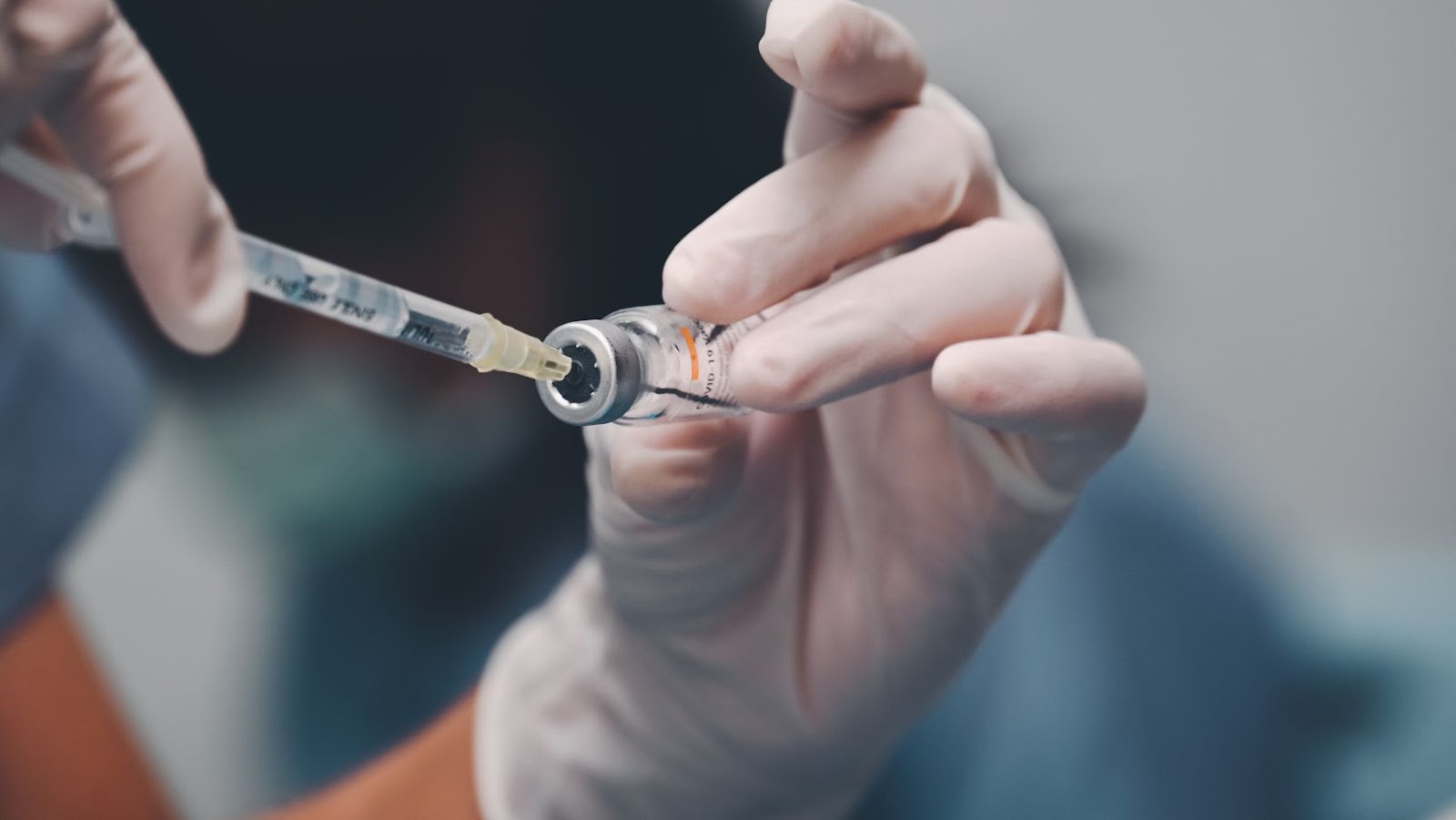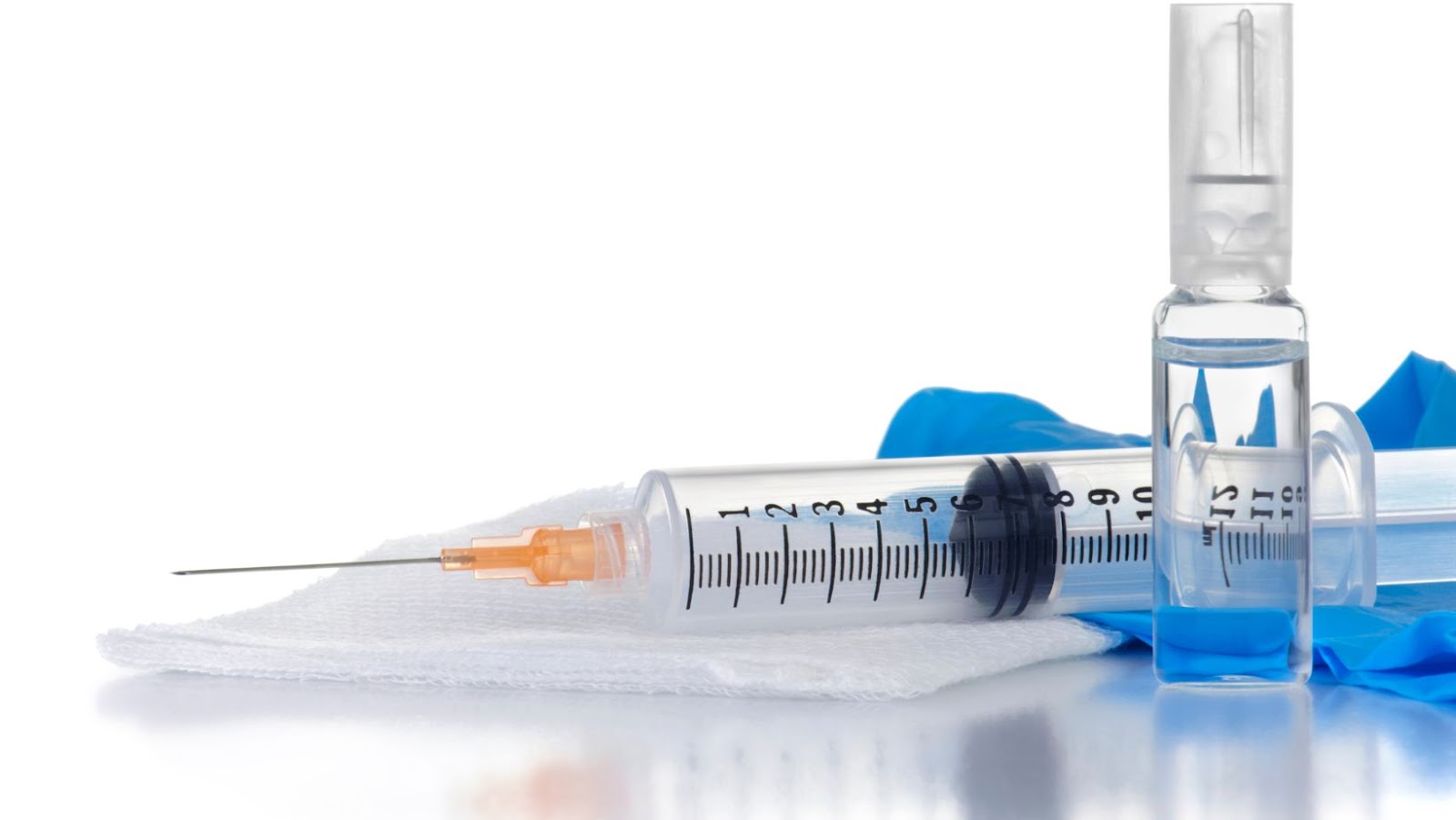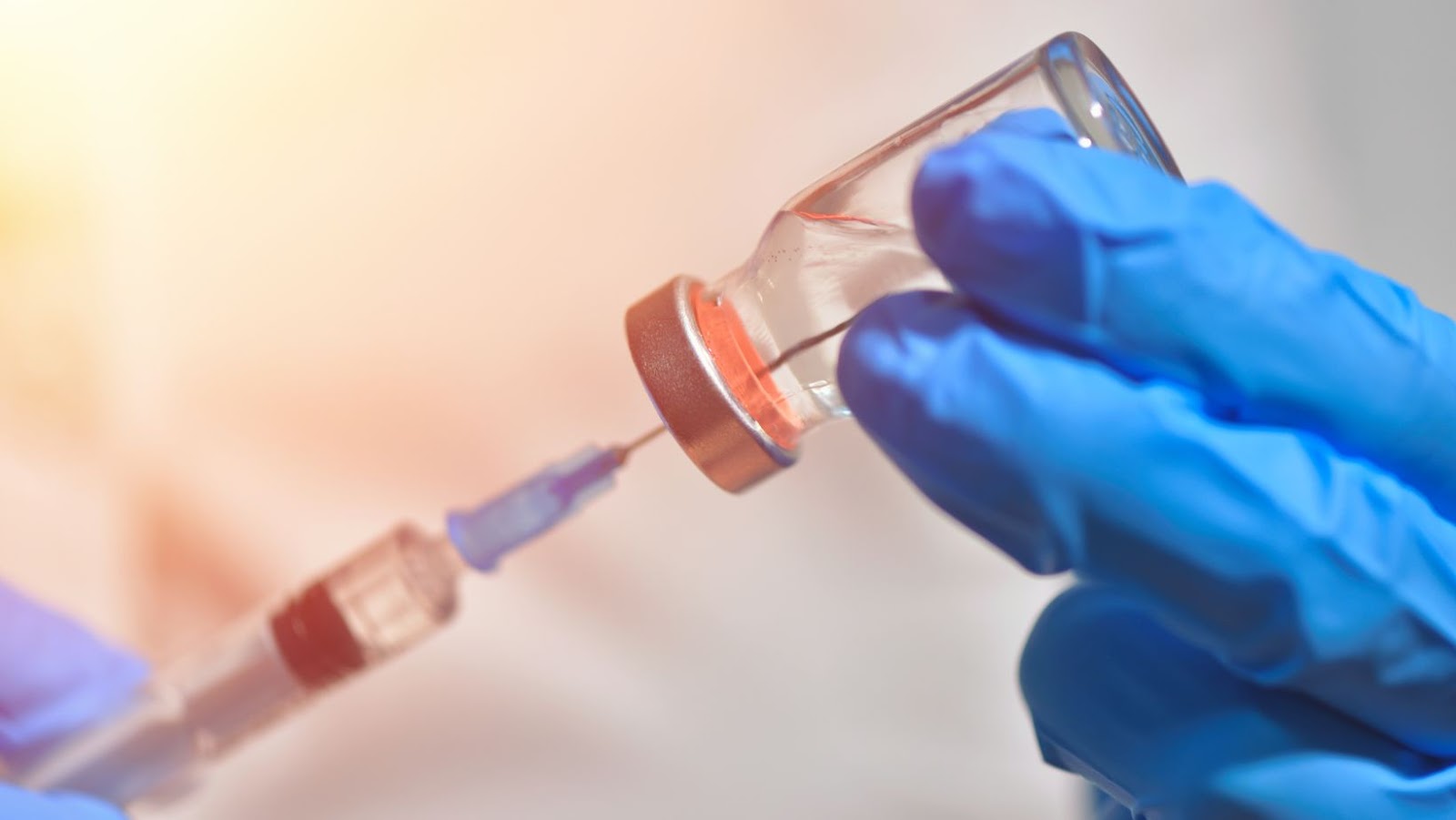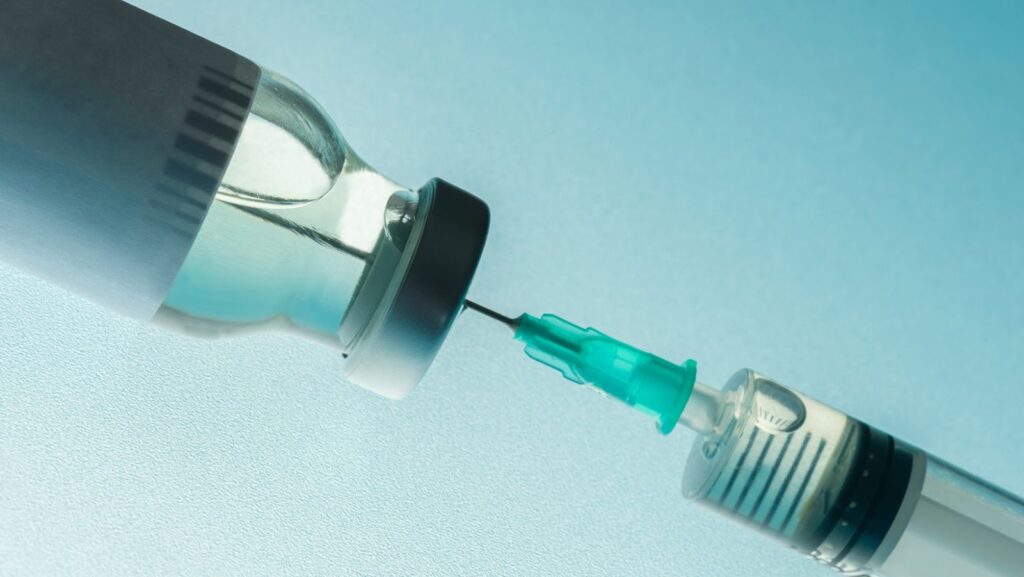Concerned about Russia delaying European Medicines Agency (EMA) inspections of the COVID-19 Sputnik V vaccine? You’re not alone. Read on to discover why Russia has denied these claims and what this means for international cooperation in vaccine research.
EU envoy says Russia delays EMA Sputnik V vaccine inspections
European Union officials are accusing Russia of attempting to delay inspections of its sites by the European Medicines Agency (EMA) in response to EU sanctions. According to the EU’s ambassador to Russia, Vladimir Chizhov, EMA inspectors have been denied visas multiple times and that Russia is not carrying out its obligation under a 2017 accord related to the sharing of data on medicines that are exported from the EU.
The accusations come as tensions between Europe and Russia continue to escalate over various issues, including what some see as Moscow’s efforts to disrupt regional elections. The EMA inspections came after two years of intense negotiations and diplomacy between Russian and European officials in Brussels over how best to ensure mutual access to each side’s pharmaceutical market. The agreement was signed in 2017, but there has been little progress due to reported visa delays and difficulty accessing Russian establishments.
The matter became particularly fraught after both sides accused each other of failing to keep their commitments on inspections. However, Russian Prime Minister Dmitry Medvedev has denied allegations that his country is trying to obstruct EMA inspections, claiming it has already carried out the necessary steps mandated by the 2017 agreement. He also refuted claims that visas for EMA inspectors have been systematically denied for years, insisting that progress has been made in allowing “scheduled visits many times” from agencies personnel from other countries such as Britain and France.
Background: EU-Russia Relations and the EMA
The European Medicines Agency (EMA) is a regulatory agency of the European Union responsible for the scientific evaluation and supervision of medicines developed by pharmaceutical companies for use within the European Union. EMA protects and promotes public health by ensuring that all medicines developed, authorized, and sold in the EU meet strict safety, quality, and efficacy standards.
Russia has been an important partner for public health in the EU for many years; however, recent diplomatic tensions between Russia and the EU have made certain cooperation initiatives difficult or impossible. This has included consultations with EMA for pre-inspection plans before nationally recognized marketing authorization inspections conducted by both institutions.
As a result, there have been several delays in such coordinated operations due to difficulty contacting Russian authorities. To address this issue, both sides have attempted multiple times to set up calls between their senior representatives. However, in response to these investigations into delays with pre-inspection plans coordinated through EMA, Russia continues to deny any responsibility or delay on their part.
Russia’s Response: Denying the Accusations
Recently, Russia has been accused of delaying European Medicines Agency (EMA) inspections at two of its authorized sites. However, the country has denied any wrongdoing and the Russian Ministry of Health stated in response to the allegations.
According to Russian authorities, their delay was only due to technical and administrative issues. They also confirmed that the delay has been resolved and there are no further impediments for inspectors from EMA entering the country. Furthermore, Russian authorities have ensured that all national medicines regulations are fully respected and that all licensed drugs for marketing authorization are approved under EMA requirements.
Moreover, Russian drug-producing facilities have undergone extensive international assessments that have revealed their compliance with good manufacturing practices and international standards for quality control systems.Russia also emphasizes its respect for EMA’s authority over market authorization decisions; claiming they never interfered with its investigations or used different criteria while conducting inspections inside their country.
Furthermore, Russia claims that they never received any communication from EMA requesting access or enquiring into lack of access since last autumn; however, proving evidence to the contrary is still necessary to ensure proper accountability within this situation.

The Impact of Delays on the Vaccine Rollout
The delays encountered by the European Medicines Agency (EMA) due to Russian authorities in conducting inspections have been a major factor impacting current progress in rolling out the coronavirus vaccine. These inspections form an essential part of the process to receive approval from the European Commission before it can be given a green light for use in EU countries.
Among the issues faced by EMA were travel restrictions into Russia, which interfered with plans for teams of experts to inspect the factories where vaccines were being produced and disrupted their schedule for evaluating quality controls, compliance with good manufacturing practices and other crucial tasks. Inspections are crucial steps that enable post-launch monitoring of batches, ensuring they meet standards of self-protection – sterility and environmental protection – as per EU requirements.
For some time, there has also been a shortage of specialized personnel and technical capacities needed to process authorization requests, which caught attention at national and European levels. In addition, buying high-quality raw materials is important, considering each batch takes 100 tests to confirm its safety before it can be certified by EMA. The delay further undermines this stage, causing further setbacks while determining when sufficient doses will become available to citizens on the continent.
The Role of the European Union
The European Union (EU) is an economic and political partnership between 28 (soon to be 27) European countries. It was established after World War II to foster economic cooperation. It has become a single market with a common currency (the Euro) and other common policies and research initiatives. The EU is headed by its Council of Ministers, elected representatives from each member state, and the executive European Commission, responsible for proposed legislation and managing day-to-day operations.
The EU plays a major role in regulating pharmaceuticals in the region including the approval process for new drugs and the inspection of manufacturing facilities. The European Medicines Agency (EMA) is an arm of the EU that ensures that medicines authorized for sale in Europe are safe, effective, and of good quality. This includes pre-authorization inspections of drug production sites within its region and scheduled re-inspections to ensure adherence to standards over time.
Recently, Russia has denied access to EMA inspectors on numerous occasions in an attempt to delay or hinder certain factory inspections preceding market approval or license renewals. In response, the European Commission issued warning letters asking Russia to open up these facilities for inspection or face consequences such as postponement or suspension of authorization until evidence demonstrating conformance with safety standards can be provided.

The Effect of the Delays on Global Vaccine Distribution
The delays in inspections of Russia’s Moscow-based pharmaceutical manufacturing plant have caused serious concerns among the global medical community. As a result, the European Medicines Agency (EMA) has been unable to assess the quality of vaccines produced in Russia and other countries, leading to shortages and delays in the distribution of lifesaving treatments throughout Europe, Russia and other parts of the world.
These delays can have a wide range of repercussions. Not only will they limit production capacity, leading to potential shortages, but they may also prevent or delay access to vaccines for those who need them most. Sometimes, healthcare workers may be prevented from vaccinating if EMA inspectors do not approve it. Likewise, due to the scrutiny that Russian-produced vaccines are under at present, these products may be avoided by consumers who feel that their safety is not guaranteed without an EMA inspection.
Finally, there is an increased risk of counterfeit or black market products entering circulation due to delayed or prevented manufacturing facility inspections altogether. This can lead to individuals unwittingly putting themselves at risk if untested treatments become available. This could eventually cause further disruption if patients become infected with deadly viruses.

Potential Solutions to the Delay
The European Medicines Agency (EMA) has raised concerns about the slow pace of inspections for drugs manufactured in Russia, potentially leading to a shortage of drugs in the European Union. To address this issue, several potential solutions could be implemented.
Firstly, enhanced coordination and cooperation between the Russian State Institute of Drugs and Medical Devices (RIVIVM) and the EMA could streamline the process. In addition, appointing an intermediary with on-the-ground experience could be useful here, as they can interpret the nuances of national regulations and provide guidance on technical requirements of inspections. This person would also be available to answer any compliance-related questions, helping to reduce misunderstandings that may lead to delays.
Secondly, increased effort should be made by both parties to ensure third party inspectors have adequate training and understanding regarding both Russian and EU legislation before registering them with either organization. By displaying commitment from both sides, resources can be allocated towards this goal as well as holding training workshops for personnel in charge of controlling quality standards for licensed medicines.
Finally, greater dialogue should exist between RIVIVM and EU officials so that potential issues such as discrepancies between different rules can easily be discussed early. A good example is Switzerland wherein there is a Memorandum of Understanding process regarding mutual recognition agreements for human medicinal products which would allow each country’s authorized bodies access each other’s inspection reports more quickly than before.
Addressing these possible solutions swiftly and efficiently prevents further delays due to miscommunication or lack of understanding between parties which ultimately leads to better safeguarding standards when it comes producing medicinal products eligible for use across Europe.
Conclusion: Moving Forward with EMA Inspections
The European Medicines Agency prioritizes ensuring patients access the highest quality medicine. They prioritize swift, uninterrupted inspections and movement of drugs, and are keenly focussed on minimizing any impact on public health. The EMA has continued actively monitoring the situation in Russia and other areas across Europe, while implementing new mechanisms to conduct inspections remotely when they can.
Although the situation in Russia remains unclear at the moment, medication continues to move from those countries where it is feasible for routine inspections to take place. The EMA is committed to its timely and comprehensive inspections for monitoring purposes so that healthcare professionals can have confidence in quality medical products on the market.
As Russia is still delaying EMA drug inspections, countries need to explore other viable alternatives so that patients do not suffer due to these political differences. For this not to happen, Europe needs transparency and understanding so that essential drugs are readily available when they are needed most during this pandemic. If both parties continue working together closely and honestly then the delivery of healthcare services will benefit hugely across Europe during such a challenging time.


More Stories
The Impact of Technology on the Cannabis Industry: From Seeds to E-commerce
Advantages of Bitcoin Payments in 2024 – A Guide to Getting Started
Analyzing Payout Structures: What Sets Successful Slots Apart?